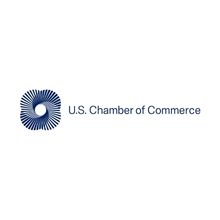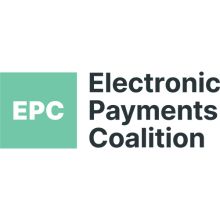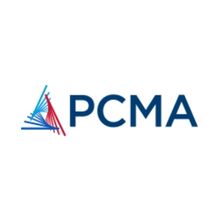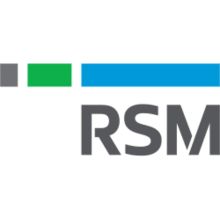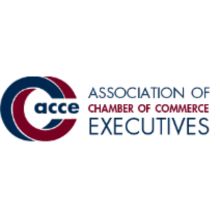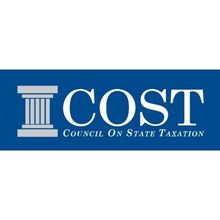Remote Sales Tax Collection
State legislatures are constantly working to keep revenue streams current with the rise of e-commerce by pursuing a variety of mechanisms to expand the bounds of their taxing authority. But in June 2018, the U.S. Supreme Court, in South Dakota v. Wayfair, found that physical presence in a state is no longer a necessary precondition for requiring a retailer to collect sales and use taxes. This opened the door for states to expand their taxing authority on online purchases. Quill v. North Dakota (1992)In 1992, the U.S. Supreme Court ruled in Quill v. North Dakota that the dormant Commerce Clause requires a retailer to have a sufficient physical connection with a state for that state to require the retailer to collect sales/use taxes. E-commerce, however, makes it easier for businesses to participate in state markets without any of the usual indicia of “substantial nexus” as articulated in Quill, such as stores, warehouses, distribution centers, or corporate offices. The result is that revenue from taxes which are due and payable are not being collected or remitted to states and local governments. In the quarter-century after Quill, states searched for ways to expand the meaning of “physical presence” (which the Court has not defined precisely) to extend sales tax collection responsibilities to additional retailers. These efforts took a variety of forms. Most of these laws fall under the general umbrella of “attributional nexus”: contending that the non-collecting retailer has nexus by virtue of the activities of another (attributing the nexus of another entity to the non-collecting retailer). South Dakota v. Wayfair (2018)The state approach to the issue shifted dramatically in 2016, when South Dakota passed a law (SD SB 106) intended to challenge Quill. Unlike previous efforts that sought to work within the Quill framework, the authors of the new South Dakota law were under no illusions that they were enacting a law that would pass constitutional muster — the purpose of the law was to test whether Quill remained good law. And the state didn't act without prompting: it was responding to an invitation from Justice Kennedy for a case to test Quill. Post-WayfairIn the wake of the Wayfair decision, states acted quickly to adopt South Dakota-style thresholds requiring retailers who sell more than a specific dollar amount ($100,000 in South Dakota) or in excess of a specific number of transactions (200) to collect sales tax. All but five of the 45 sales tax states have — either by legislation or regulation — specifically adopted an economic nexus threshold similar to South Dakota. Marketplace FacilitatorThe real story following the Wayfair decision is that states are extending the sales tax collection obligation to marketplaces. Extending sales tax collection to marketplaces is driven in large part by the reality that most uncollected sales taxes from online sales are from sales over marketplaces. Prior to 2019, 12 states required marketplace facilitators to collect sales taxes on their transactions. As of May 2019, 26 states and the District of Columbia have marketplace facilitator collection provisions. Streamlined Sales and Use Tax AgreementAnother related issue state legislatures are discussing is the continued simplification of the sales tax. Marketplace collection is a form of simplification in that it shifts the burden of collection from small sellers to larger — often very large — marketplaces. In response to the Quill ruling in 1992, the National Governor's Association and the National Conference of State Legislatures created the Streamlined Sales and Use Tax Agreement (SSUTA). The SSUTA simplifies the registration process for businesses operating in multiple states. There are currently 23 SSUTA states as of May 2019. Research & ResourcesChamber Resources
Research
Journalism & Opinion
|


